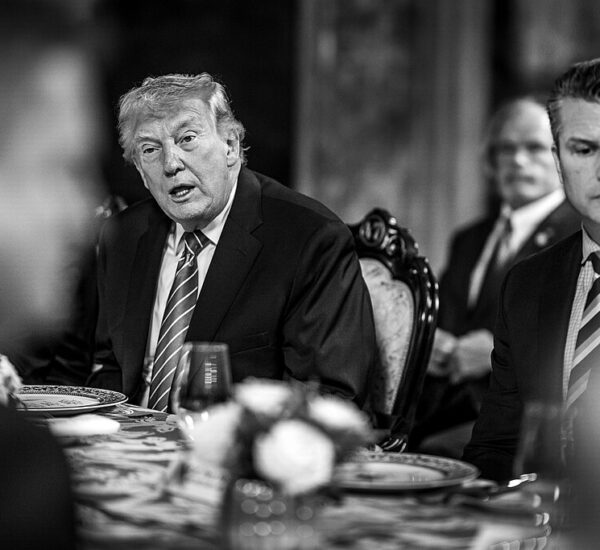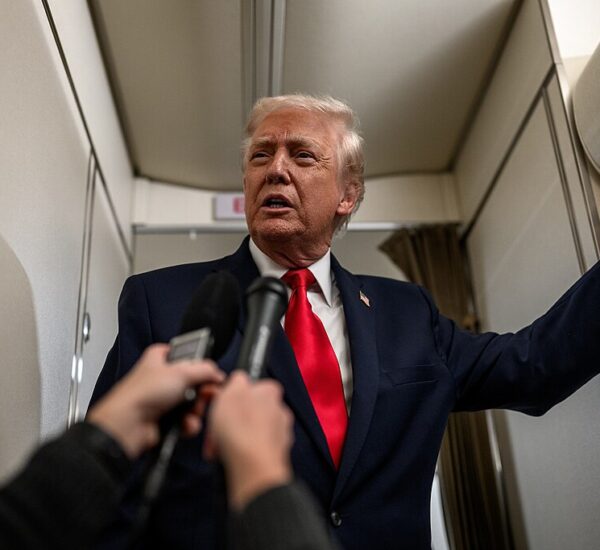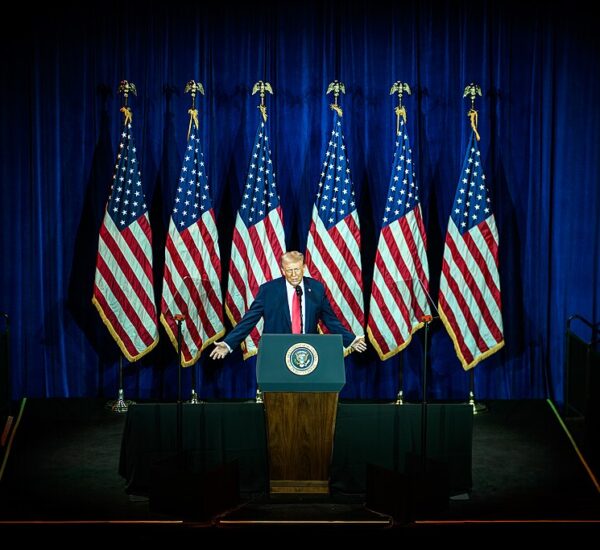Supreme Court Hands President Biden 2nd Amendment Victory
The Biden administration’s efforts to regulate “ghost guns,” which can be assembled from kits at home, received temporary validation from the U.S. Supreme Court’s recent decision. The administration had appealed a federal judge’s ruling that had dismissed these regulations. The Supreme Court, voting 5-4, opted to suspend the Texas-based ruling while the case undergoes further appeal. This regulation will remain in effect throughout the appeals process, which could extend to the 5th U.S. Circuit Court of Appeals in New Orleans and potentially reach the Supreme Court.
According to Fox, Justices Thomas, Alito, Gorsuch, and Kavanaugh were in favor of upholding the lower court’s ruling.
Implemented a year ago, the federal regulation places ghost guns under the same regulatory framework as fully assembled firearms. This adjustment facilitates better tracking through serial numbers, background checks, and sales. The rule mandates that unfinished firearm components, such as handgun frames or long gun receivers, be treated as complete firearms, necessitating licensing and the assignment of serial numbers.
Additionally, the rule mandates manufacturers to conduct background checks prior to selling these components, mirroring the requirements for complete commercial firearms. The Biden administration argued that this rule was imperative to address the rise in untraceable firearms.
The Justice Department presented data indicating that local law enforcement agencies confiscated over 19,000 ghost guns at crime scenes in 2021, marking a significant increase over five years.
Solicitor General Elizabeth Prelogar, the administration’s chief attorney for Supreme Court matters, stated in a court filing, “The interests of public safety in halting the flow of ghost guns to dangerous individuals far outweigh the minimal costs respondents may incur.”
However, gun rights advocates and a manufacturer of firearm parts challenging the regulation contend that the Bureau of Alcohol, Tobacco, Firearms and Explosives (ATF) lacks the authority to redefine a firearm under federal law without congressional action. U.S. District Judge Reed O’Connor in Fort Worth, Texas, sided with the plaintiffs in June of the previous year, asserting that federal law’s firearm definition does not encompass individual gun parts.
Legal representatives for the Firearms Policy Coalition maintained that Judge O’Connor’s stance was correct and that the ATF had strayed from decades of regulatory precedent by expanding the firearm definition. Cody J. Wisniewski, FPCAF’s General Counsel and Vice President of Legal, and counsel for FPC in this case, expressed disappointment over the Supreme Court’s decision, yet remained confident that the ATF’s rule would ultimately be defeated during the Fifth Circuit’s comprehensive review of the case’s merits.






